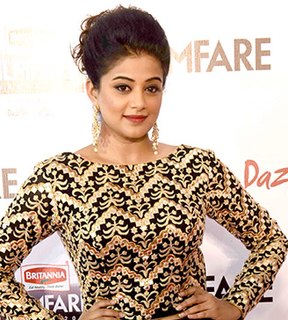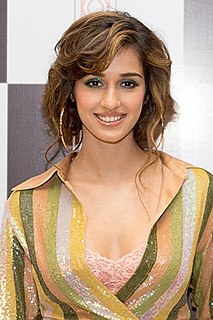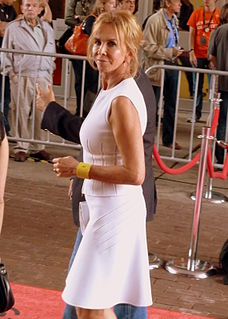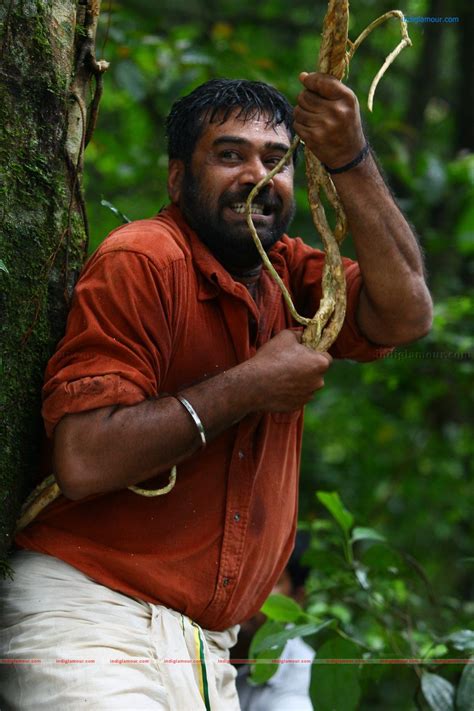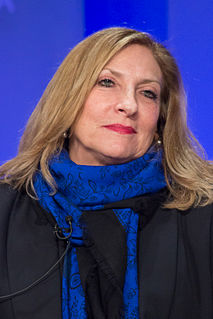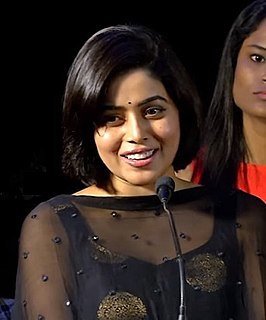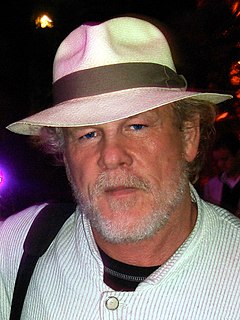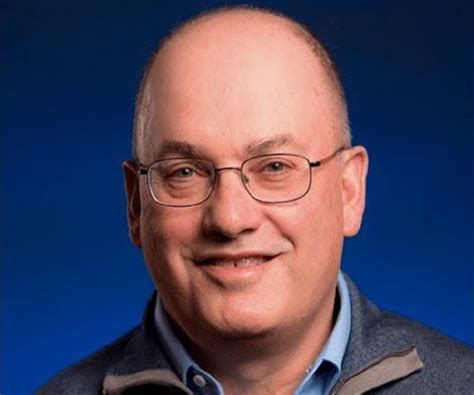A Quote by Gillian Flynn
No one watches 'Taxi Driver' and says, 'Oh, it's a male-oriented film.' No one looks at nine-tenths of the films out there that are headlined by men and say, 'It's a male-oriented film.'
Related Quotes
It's a fact, the majority of films in Hollywood are from the male perspective. And the female characters, very rarely do they get to speak to another female character in a movie, and when they do it's usually about a guy, not anything else. So they're very male-centric, Hollywood films, in general. So I think it's incredible that Ned Benson, when I said I'd love to know where she goes, says okay, I'm going to write another film from the female perspective.
As the tall dark and handsome male star, Carey Grant always stands for male beauty and desirability, whether in a 30s screwball, a 40s film noir, or a 50s romantic comedy. He consequently turns around the orthodox gender between the one who looks and so desires, and the one who is looked at, and so is being desired.

